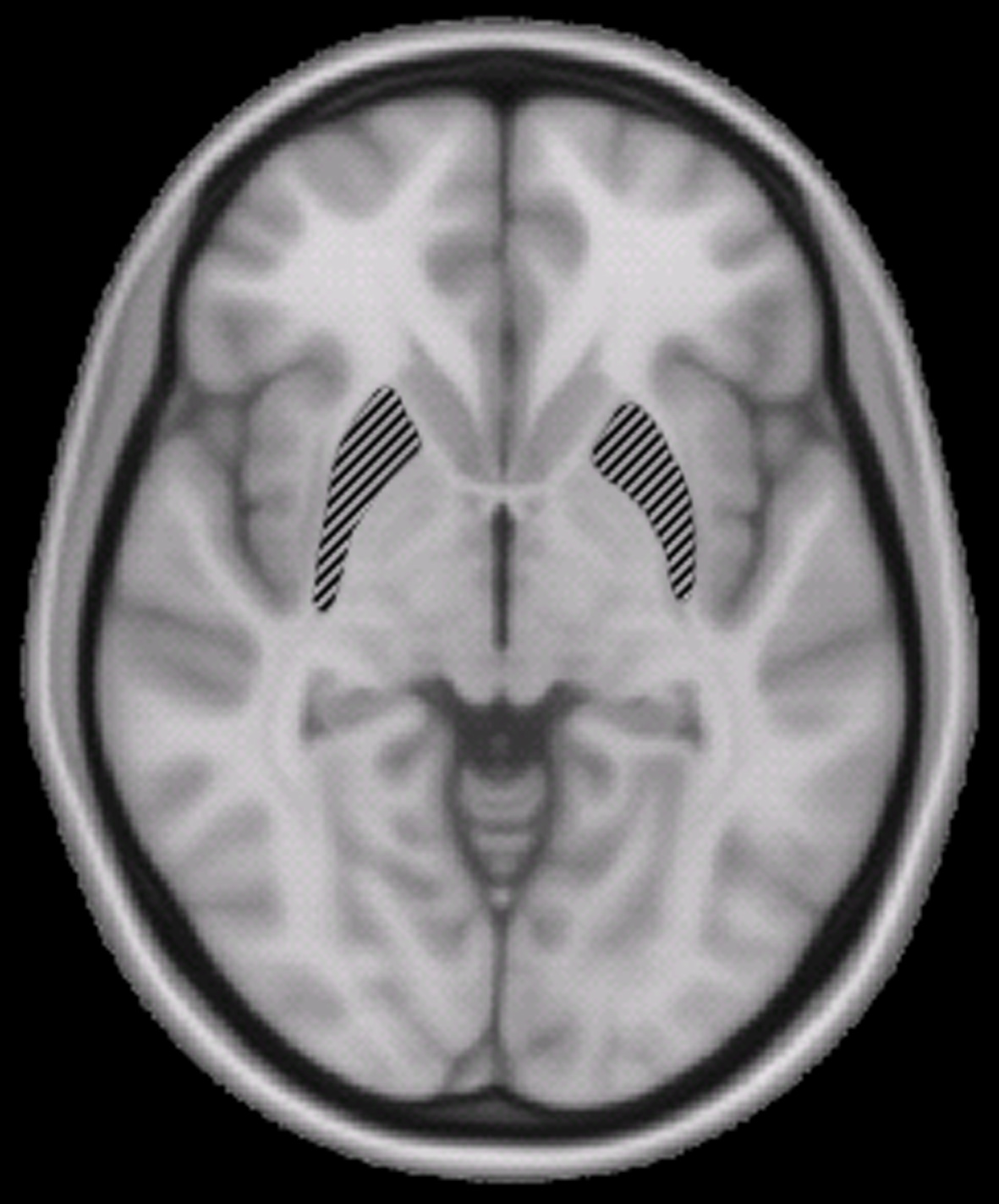A controversial investigation on “raising the dead” was proposed earlier this year . The concept behind “ReAnima” was to advance current knowledge about the damage and functional loss following brain death. This knowledge could then be applied to conditions such as coma, minimally conscious states and neurodegenerative conditions such as Alzheimer’s disease. However, the study raised new questions about India’s regulation of innovative clinical trials.

ReAnima was being conducted by Philadelphia-based Bioquark and Revita Life Sciences of India, with the investigation itself taking place in India. Phase I trials had been planned that would have been conducted and results gained by April 2017, these would involve sourcing individuals recently killed by a traumatic brain injury, in the period shortly after death BQ-A peptide extracts and mesenchymal stem cells would be injected directly into the brain matter. Alongside this transcranial laser therapy and median nerve stimulators would also be implemented to attempt to promote neuronal regeneration.. As expected this study has been met with criticism, with many drawing comparisons to an attempt to raise the dead. This criticism is not unjustified, the goal of the study is far beyond anything previously accomplished, with the techniques utilised only showing a marginal cognitive improvement in patients with traumatic brain injuries in the past.
The study seems to be reaching for goals several steps ahead of their proposed clinical trials, assuming the success of each phase in advance. The complexity of the human brain, and the implications of any damage to it are not to be underestimated.
The usage of stem cells to develop new neurons to replace those lost is a hit and miss procedure, with no guarantee that the intended neuronal activity is recovered. This example is best illustrated in terms of the patient’s memory: once the neuronal connections forming a specific memory are lost no amount of neuronal regeneration will restore this exact memory.
On the 11th November this trial was blocked by the Indian Council of Medical Research (ICMR) with the National Institute of Medical Statistics removing “ReAnima” from India’s clinical trial registry. This however does not stem from doubts regarding the aims of the trial, but from regulatory factors. Revita Life Sciences had not sought permission to proceed with the trials from the Drugs Controller General of India. This is mandatory for all clinical trials so the trial was shut down.
The other company involved in the study, Bioquarck, has vowed to continue the study outside of India, citing this issue simply as one of the possibly many setbacks that may occur.

